Spring always meant new beginnings and transformations, with flowers blooming. However, it also meant that rain would sometimes come around and ruin my day. During my first year at Rollins with new classes, the ADAPs throwing around the new acronym APE more often, it made me so nervous, as I didn’t know where to start. This was especially true, given the fact that I was coming into public health without a Bachelor’s in Public Health or much experience doing what I thought made public health. I didn’t have a clear idea where to start, but I can always help others find their APE/Summer Opportunity.
1. Get your resume or CV in order.
You need to have it together. This is the way that you communicate what you’ve done, who you are, and the skills you have to others. Your resume gives you a place to consolidate all of that information. Every opportunity requires something different: some want your resume, others require you fill in an online form, and a small minority don’t even ask for it. Your resume is a snapshot of who you are. From personal experience, not every resume will look the same. When I’m applying to an opportunity that requires me to be well-rounded versus one that requires me to showcase my ability to work in a lab, my resume won’t look the same.
Know the difference between what a resume and a CV are. Your resume will probably be no more than 1 to 2 pages. Your CV will sometimes be triple that. Both require concrete details, but they’ll be used for different purposes. Both are used to secure interviews, but a resume is used in most non-federal/government or academic positions, but a CV can be used for fellowships/grants, research positions, etc.
Also, sometimes having a cover letter can help. Cover letters help convey why you’re a great candidate for a role, but they also help to give a personalized explanation to your new employers. Even if an application says, “cover letter optional”, it doesn’t hurt to introduce people to your attitude, motivations and values. Cover letters, CVs, and resumes can all be worked on with the Office of Career Development, filled with great people who want you to find something you want just as much as you do yourself.
2. Reach out to professors. Let them know what you’re looking for.
Honestly, we underutilize our professors a lot of the time. I and many of my friends have had opportunities that have been connected to our professors. Sometimes, it feels like they don’t have the time, but they want to all help teach the next generation of public health professionals. You wanted to come to RSPH to be taught by great professors who have connections to places both within Emory and outside of it. The worst that they can ever tell you is no. (They could also potentially help you craft an opportunity just for you.) But in my experience, the worst I’ve gotten are constructive nos.
A ”constructive no” is what I like to call a subset of constructive criticism. It is when a professor tells you no not because they don’t have an opportunity for you, but because they know that they aren’t the right fit for you. Part of being in academia is connecting with other faculty and professionals. And the biggest service that they can do for you is not waste your time. You’d be more upset doing something that doesn’t fulfil you and waste your time than finishing your APE/Summer Opportunity.
3. Go online! Google, 12twenty, the Confounder, LinkedIn and more can be so helpful.
Simply searching the words “public health internship” can present you with tons of opportunities. Your network won’t always know all the opportunities that can help you. Sometimes, new programs can start that they hadn’t heard about. For example, you can be part of the inaugural cohort of a new summer fellowship that no one else has ever done. You can find an internship with a small consulting company that is willing to have you be part time during your second year. Why limit yourself to a small pool of opportunities when you can increase it?
Going online allows you to filter out opportunities that aren’t what you need or that you can’t do. If you hear about something in California from a professor but you’re aiming to stay in Atlanta for the summer, it can be disheartening. However, you can take key words from that opportunity and use it to find something else that does fill your needs.
4. Not everything is for everyone. Being patient is key.
There’s nothing wrong with saying no. Part of being an adult is to say no to things, doing it in a professional way that doesn’t end a relationship. You may say no because you had a lot of responses, and you could only do one. You may say no because you won’t get the opportunity that you want from something.
I have said no to opportunities that I realized weren’t for me. I have said no to things that I thought wouldn’t provide me with an opportunity to learn what I wanted to in public health. We have such limited time in school that we need to make the most of every chance that we get. Potentially wasting it on something that you may dislike the entire time isn’t worth it.
You don’t want to just fulfill your APE requirement. You’re in public health to make a difference, and you want to ensure that your graduate education allows you to do something meaningful. To do that, you need to think about why am I in public health? What do I want to do in my career in public health?
You also need to be patient. Some opportunities won’t come in that window that you want. Others will come in a whirlwind of two days. Some won’t happen over the summer, like you wanted. You may get an opportunity that can only happen during the school year. Making sure that your APE fulfills that “why” and “what” for you is going to make that time so much more valuable. It’ll also be a great thing to talk about after your time at Rollins.

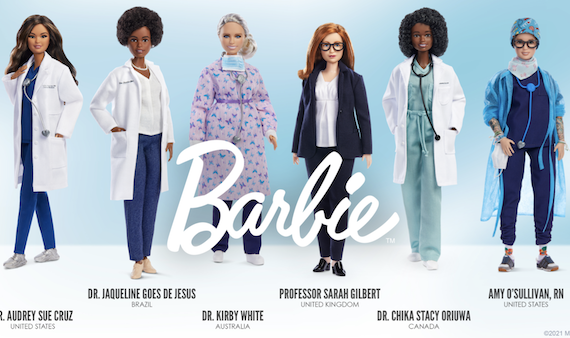
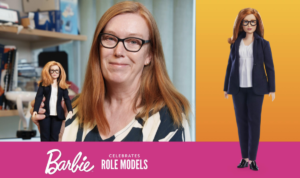
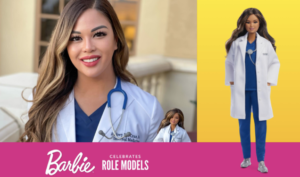
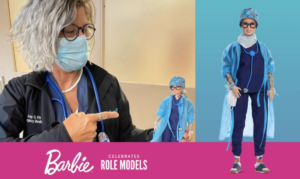
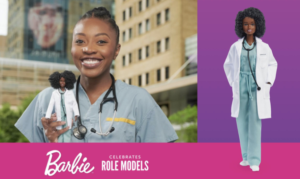
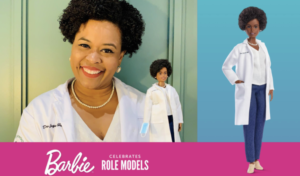
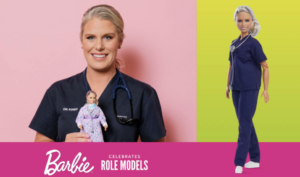


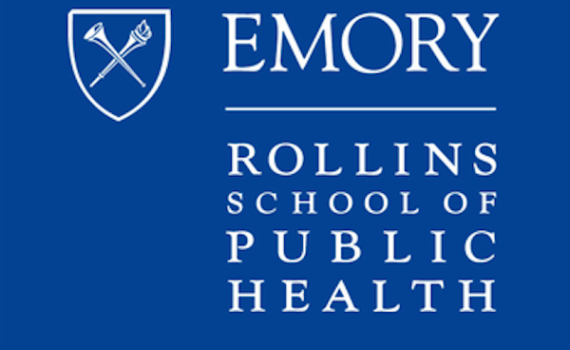

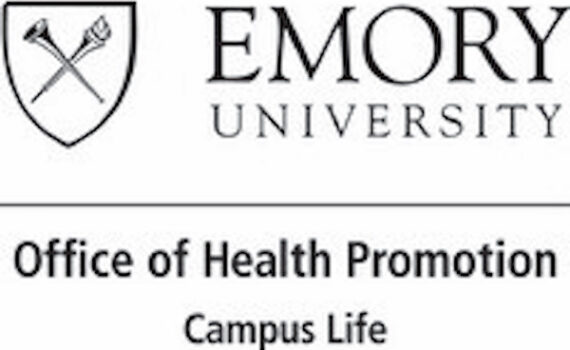
 Kaylan Ware is a 2nd year Behavioral, Social, and Health Education Sciences student at Rollins with interests in health communication, health equity, and chronic disease prevention. She works as the Health Communications Graduate Assistant in Emory’s Office of Health Promotion.
Kaylan Ware is a 2nd year Behavioral, Social, and Health Education Sciences student at Rollins with interests in health communication, health equity, and chronic disease prevention. She works as the Health Communications Graduate Assistant in Emory’s Office of Health Promotion.
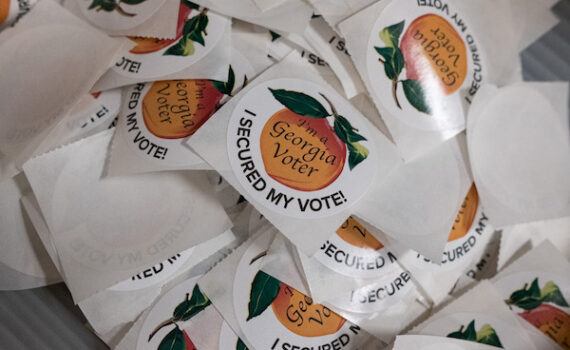
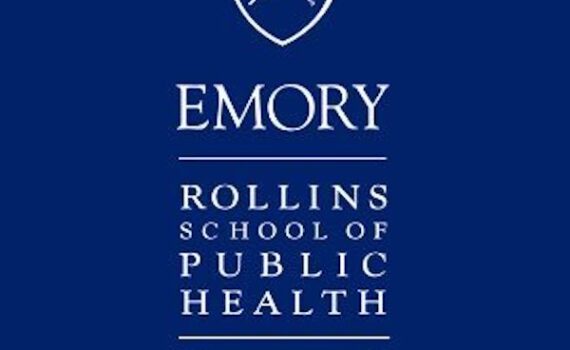
Recent Comments